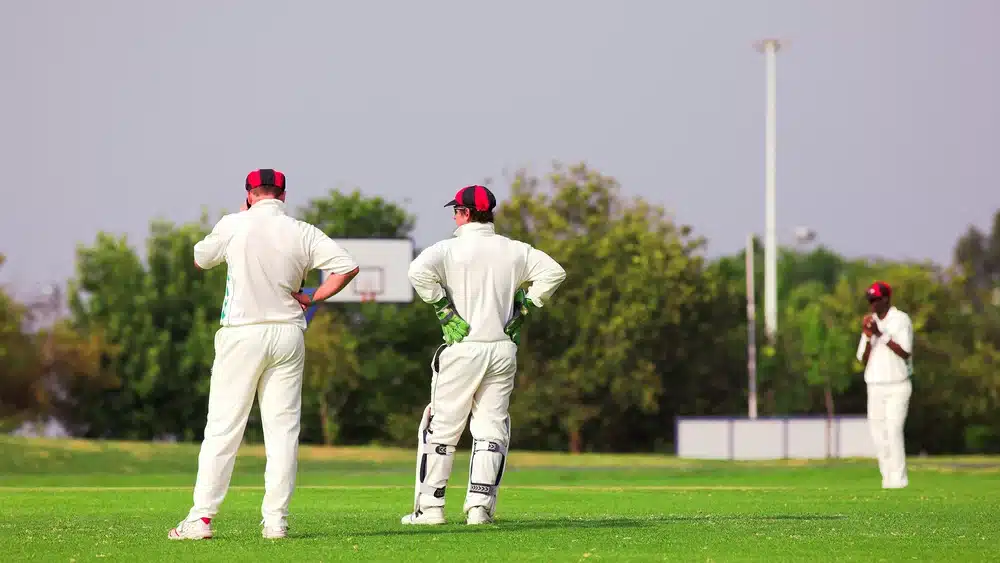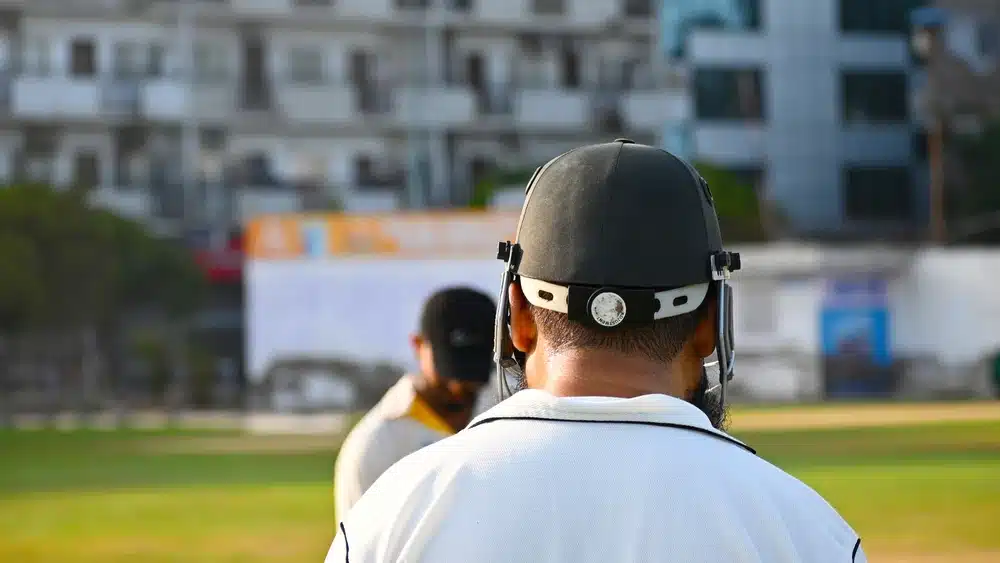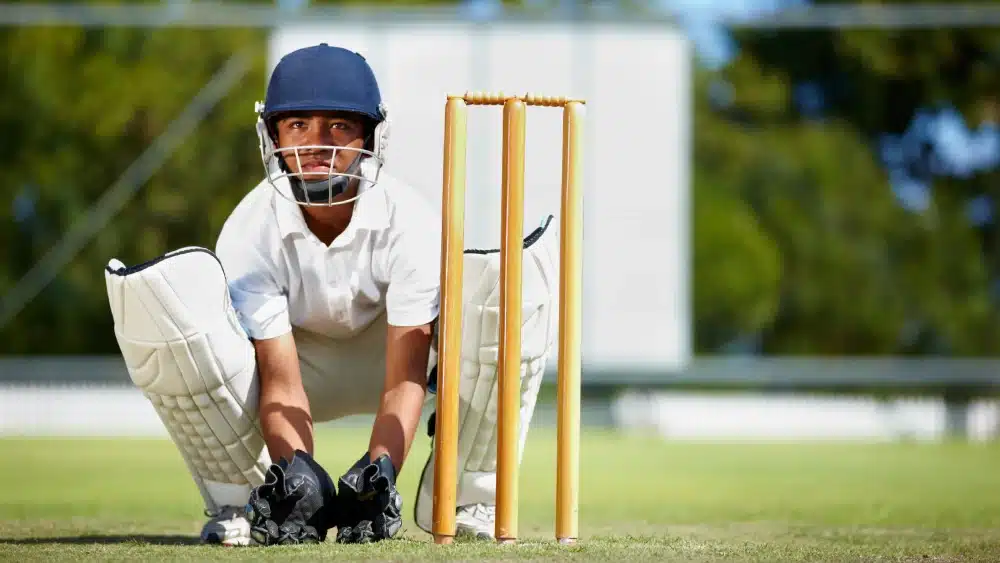
As rain and bad light continue to make a mockery of the World Test Championship final, former England batsman Kevin Pietersen has also joined the chorus of fans asking why such an important game was scheduled in the UK.
The fans’ ire and disappointment is understandable. Weather in England, especially in June, can be cruelly wet for cricket, as we are currently witnessing in Southampton.
The International Cricket Council (ICC) had even managed to create a fair bit of buzz around the WTC final, in a format that can certainly do with all the public attention it can generate. To see all the expectations for the big final literally go down the stormwater drain is probably the worst outcome for an inaugural championship. It doesn’t matter now that the sun was beating down in Southampton in the days leading up to the WTC final.
It pains me to say it, but a ONE OFF & incredibly important cricket game should NOT be played in the UK.
— Kevin Pietersen (@KP24) June 21, 2021
The worst planners of all time pic.twitter.com/FOI24OK1Xm
— Sagar (@sagarcasm) June 19, 2021
Could the ICC have done better with the scheduling? Perhaps, had it been a perfect world. However, we are in the midst of a raging pandemic. Venues such as Southampton – with a four-star hotel attached to the stadium – are the reason why we are even getting to see international cricket in these times.
The cricket calendar has been upturned by the pandemic. The Indian T20 League was held in the UAE six months behind schedule last year. This year’s edition was postponed midway in India and a proper window for its completion in the UAE is still in the works.
At this time of the year, the monsoon usually starts to rage, ruling out most of South Asia as a venue for the WTC final. It isn’t cricket season in the southern hemisphere, so countries such as Australia, New Zealand and South Africa are out of the reckoning. West Indies’ time is not suitable for the Indian television viewership, and they are also hosting South Africa right now. The UAE is too hot for Test cricket to be played at this time. That leaves only England as the possible venue.
Batsman ko bhi Timing nahi mili dhang ki, aur ICC ko bhi#WTCFinal
— Virender Sehwag (@virendersehwag) June 21, 2021
That the WTC has managed to take shape, after all, is itself a massive achievement for the ICC. There had been a couple of abandoned attempts in the previous decade. The WTC cycle began only after the 2019 World Cup and the pandemic has disrupted the calendar since early 2020.
For playing the WTC final in these times of quarantine protocols, India are having to send a second-string team to Sri Lanka for the limited-overs tour in July.
In hindsight, the ICC will ideally have to scout for a venue less vulnerable to rain for the next WTC final. But that cycle also ends in June two years hence and the same paucity of options will confront the ICC.
Early start in England?
A mitigating decision could be to advance the start time for the WTC final in England. The current playing conditions permit the start time to be advanced by only half an hour to make up for the lost time.
Now the England and Wales Cricket Board (ECB) may like to stick to tradition and not start Test matches before 11 am. But by then, the sun will have been blazing for quite a while already on a normal summer day in southern England.
So what prevents the ICC from starting the WTC final at say, 9.30 or 10 am? It makes little sense to have no play under a blazing morning sun and then going off for bad light early in a nominally extended evening session.
Test matches can start as early as 9 am at Eden Gardens in Kolkata as the light fades early in east India in winter. In fact, Ranji Trophy matches farther east in Guwahati and Agartala can start still earlier at 8.30 am.
Hopefully, the ICC will have learnt a bitter lesson from the disaster of this WTC final, and we will have a much better showcase for the longest format of the game in the next summit clash.
Featured photo : Glyn Kirk / AFP



















